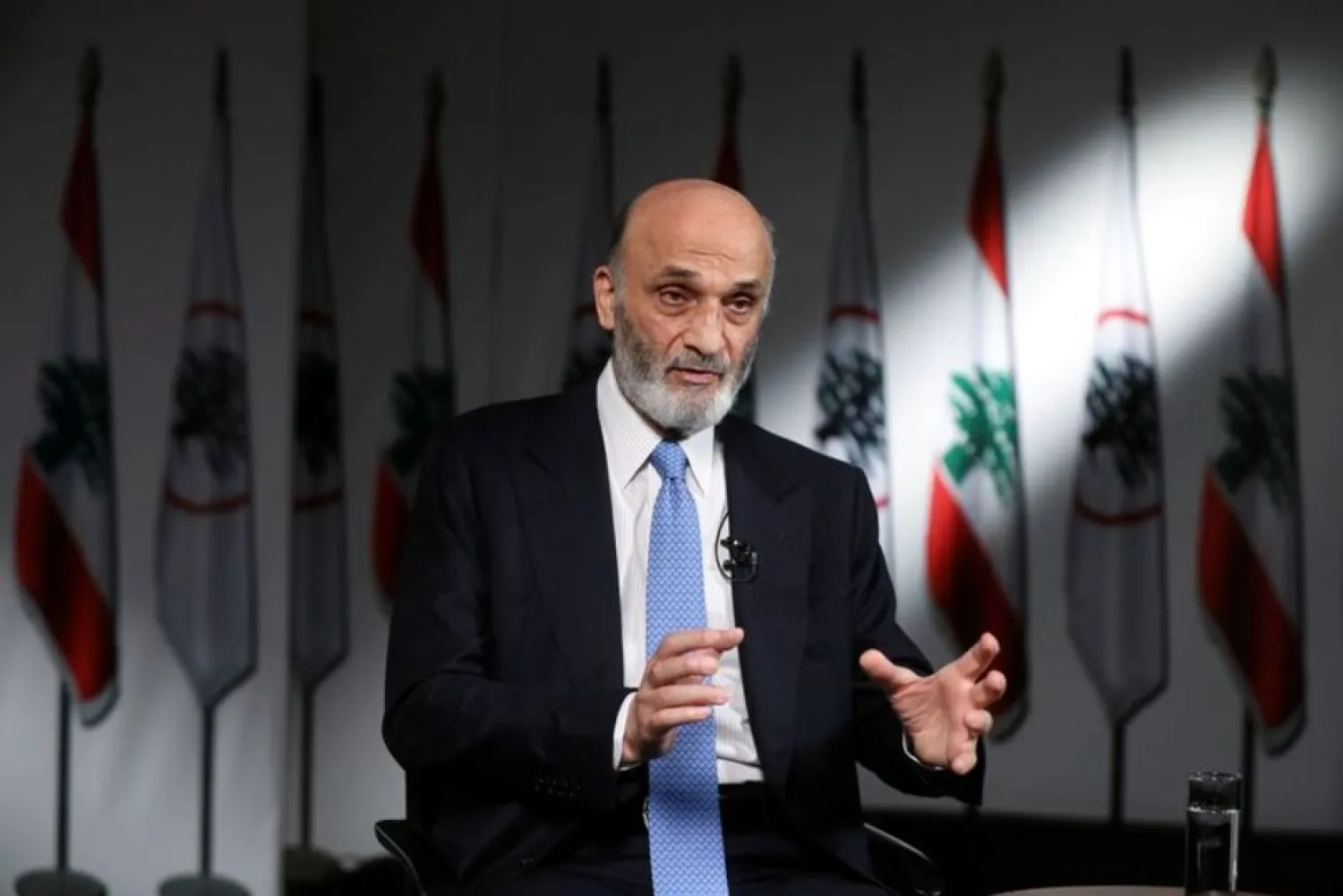Political parties have rejected the accusation against Lebanese Forces leader Samir Geagea, who was charged with "stoking strife" during the Tayyouneh clashes in October 2021.
The LF and the Mustaqbal Movement condemned on Friday the decision by the Military Court in Beirut to charge Geagea with attempted murder and inciting sectarian strife.
The parties said the charge was politically motivated, and the investigation into the violence had been political from the start.
The Mustaqbal Movement, which is headed by former Prime Minister Saad Hariri, said the court’s decision would harm the Lebanese judiciary, which should be an authority that protects civil peace and avoids sectarian incitement.
Despite its differences with the Lebanese Forces, the Movement expressed surprise at the subversive approach, which uses the judiciary as a tool to destroy what remains of public order and Lebanon’s economic identity.
“Some want the judiciary to be a partisan farm that operates on demand. It’s time for the Supreme Judicial Council to take matters into its own hands,” the Movement noted.
LF MP George Okais said the accusation against Geagea “is political, and whoever thinks they can wage a judicial war of elimination is mistaken.”
He said the LF will continue to fight for the independence of the judiciary.
LF MP Ziad Hawat criticized the Military Court, stressing that a corrupt judiciary would damage the foundations of the state.
In a statement posted on his Twitter account, Hawat said some political parties were using the judiciary to thwart the parliamentary elections scheduled for May.
LF official and former minister Richard Kouyoumjian said on Friday some parties are using the judiciary to undermine their political opponents.
“The Lebanese Forces is being targeted because it goes against the practices of President Michel Aoun and his son-in-law MP Gebran Bassil, who want to stay in power and postpone the parliamentary elections,” he added.
Violence had started in Tayyouneh on October 14 as people were gathering for a protest called by Hezbollah against the judge investigating the 2020 Beirut port blast.
Seven people were killed in the clashes, described as the worst since the 1975-1990 civil war.
Geagea was summoned to a hearing at military intelligence last October over the violence, but did not attend.









